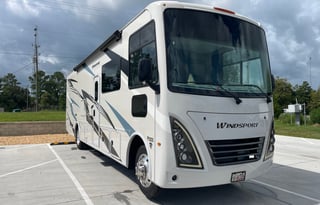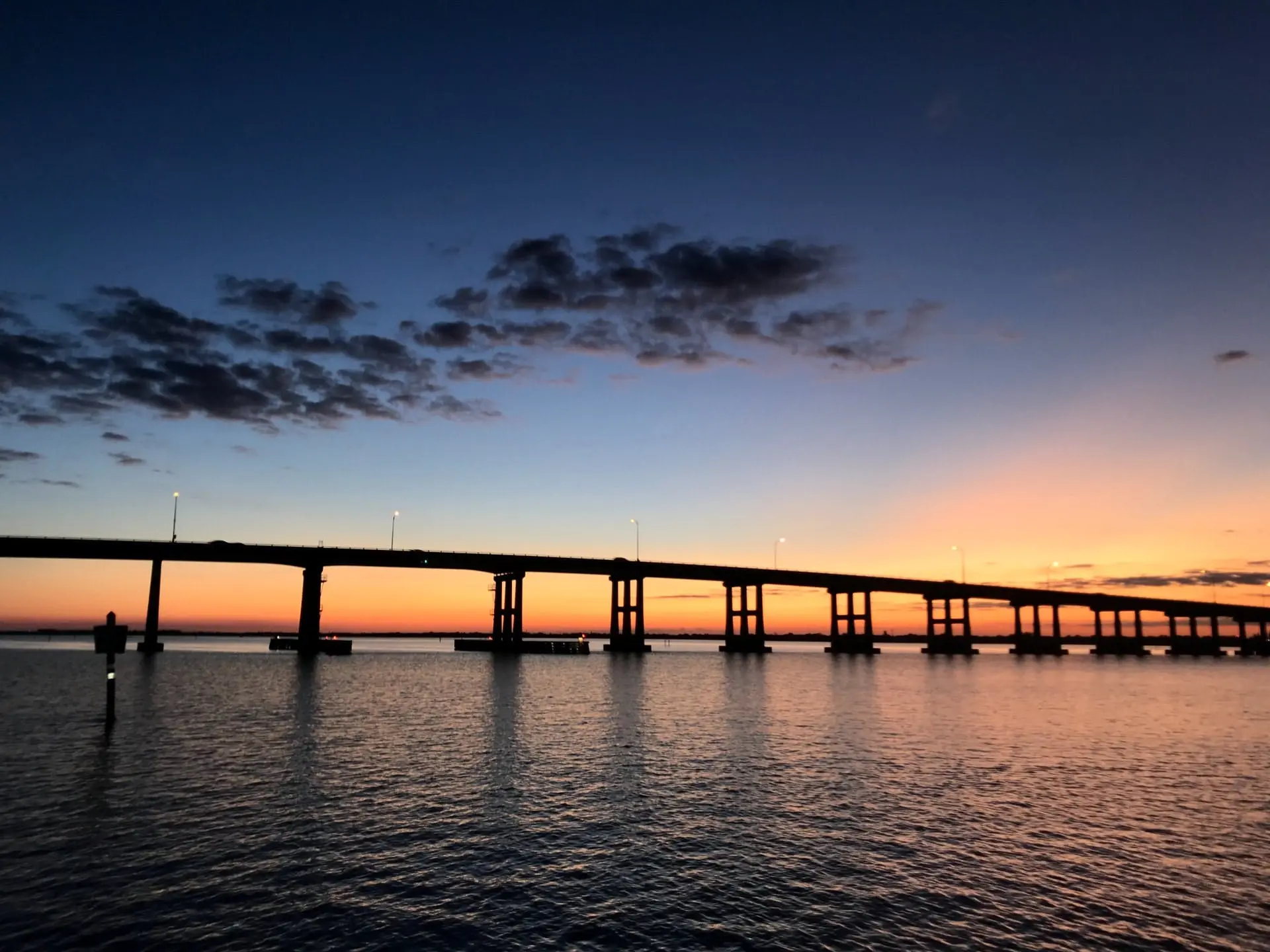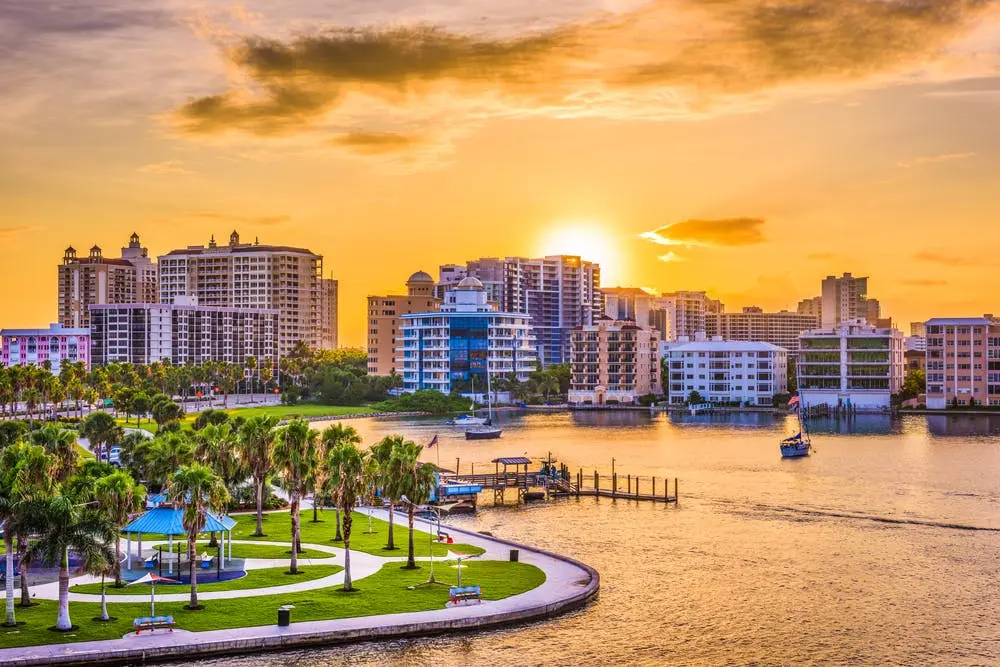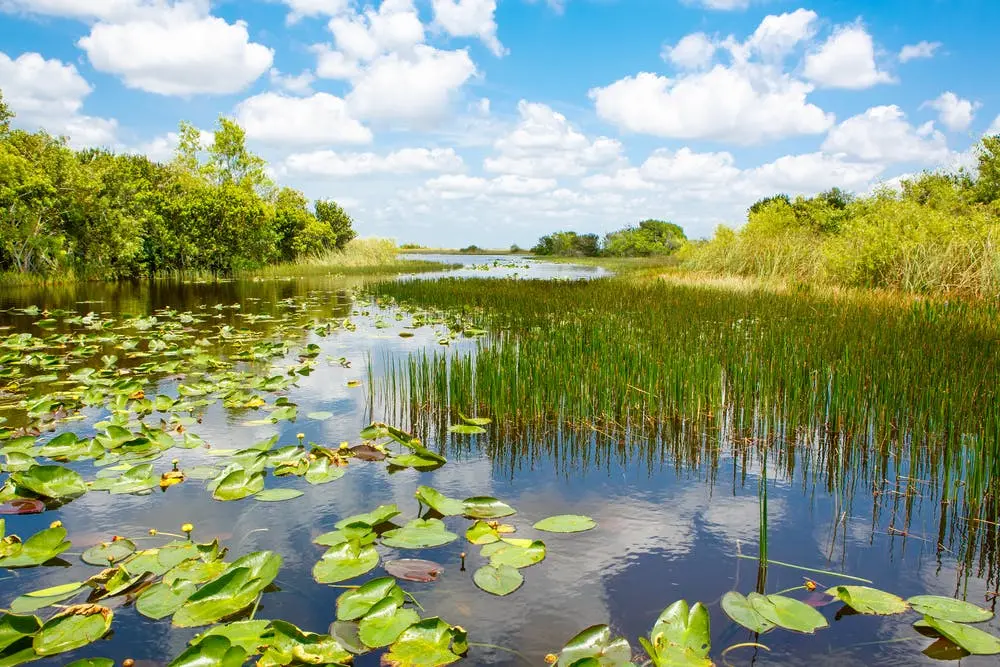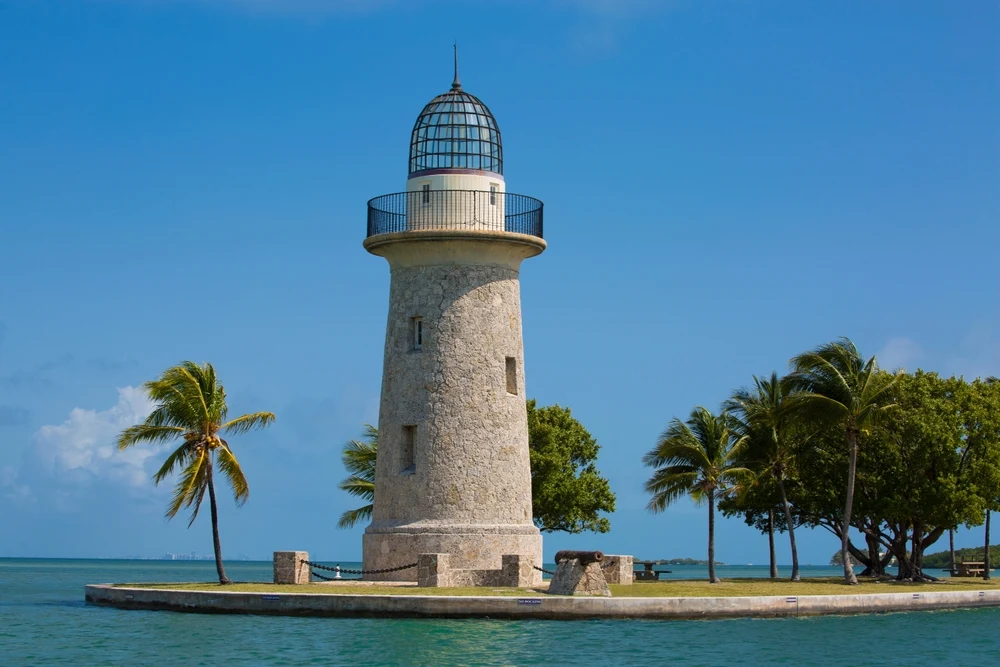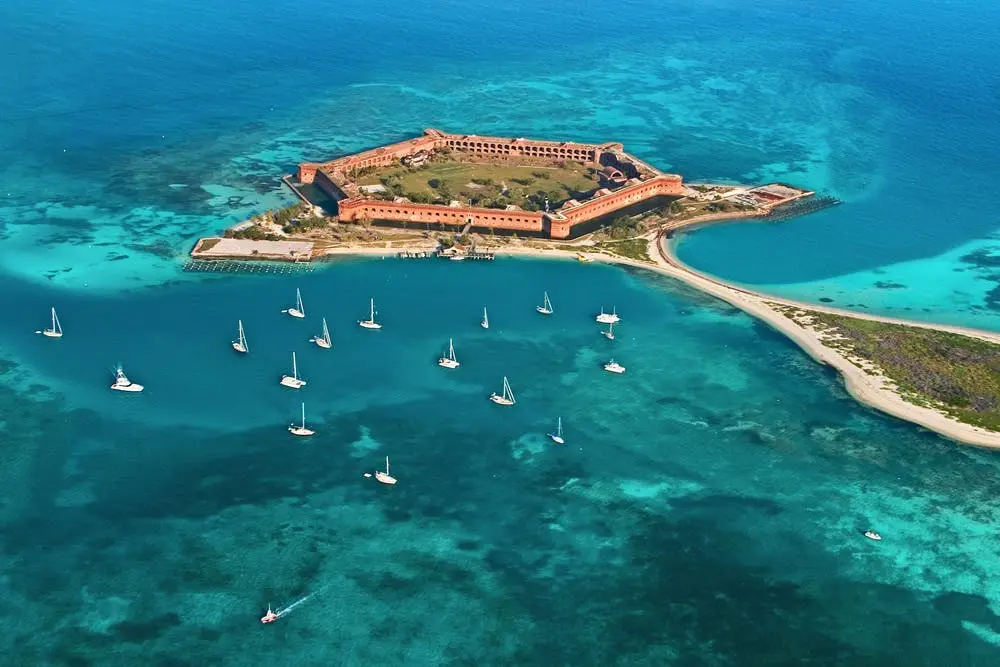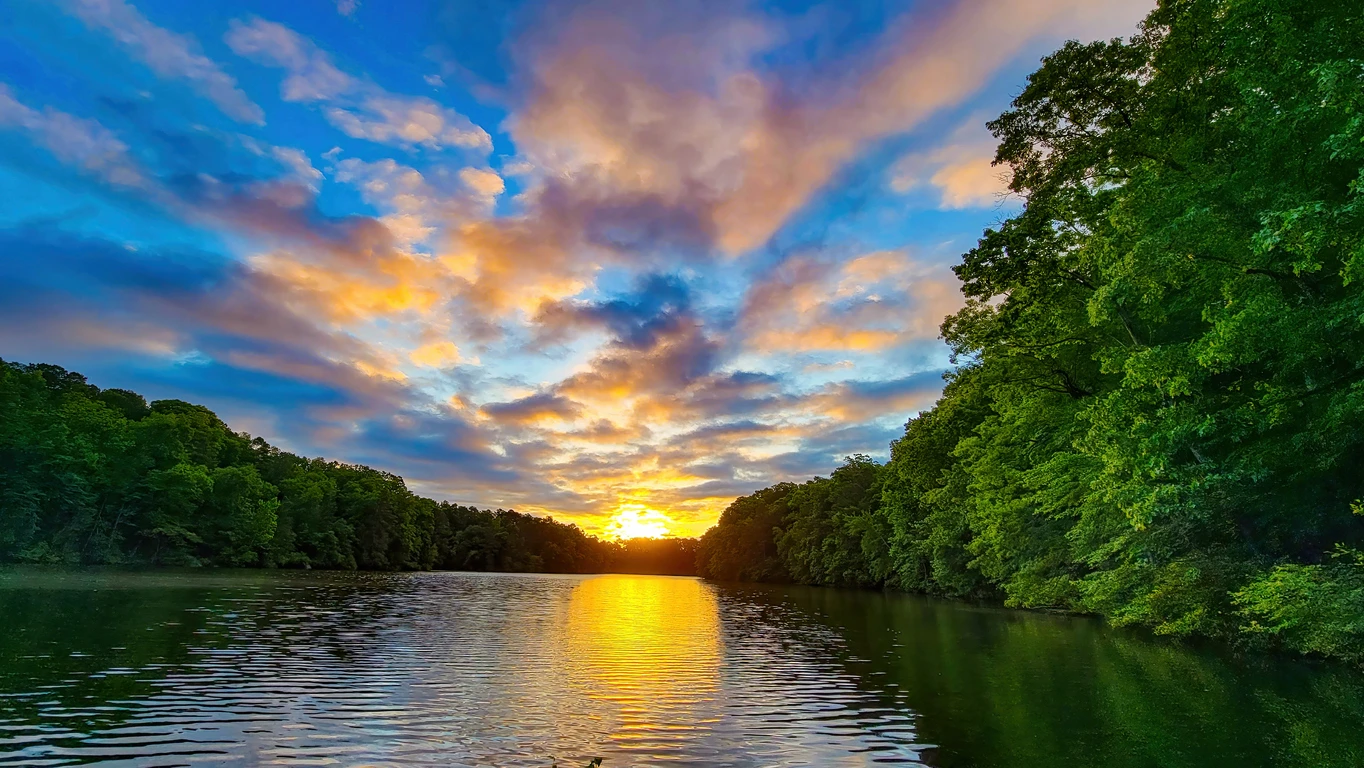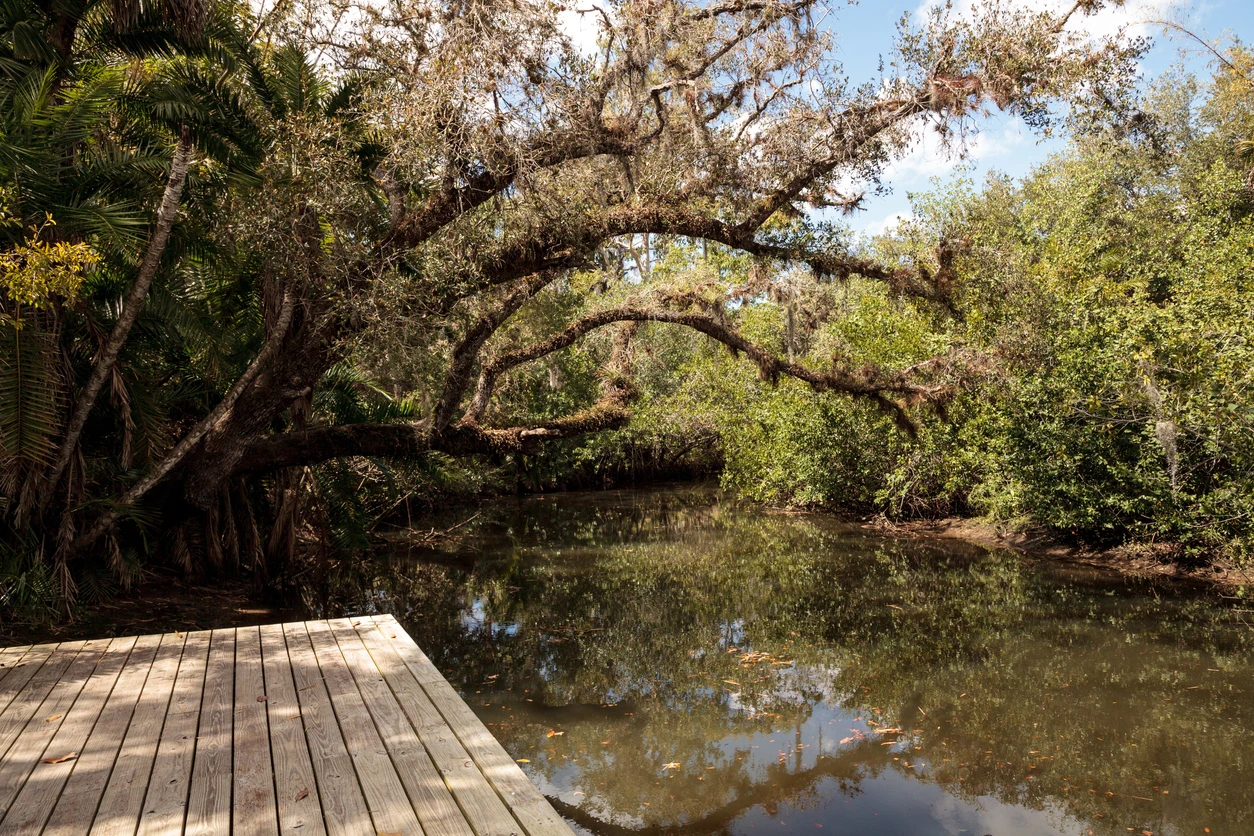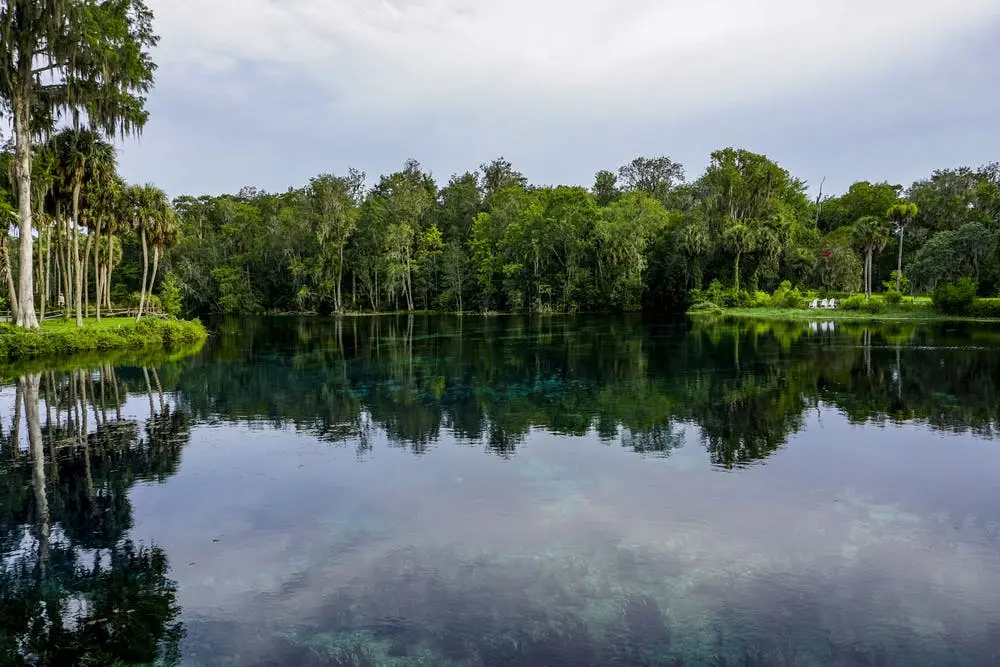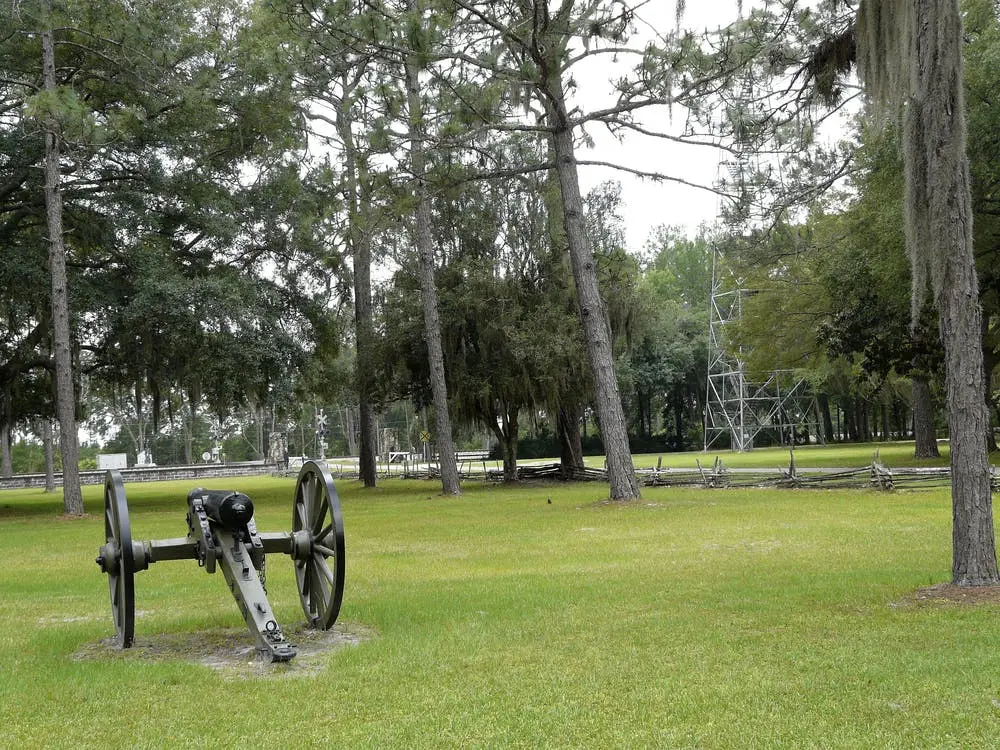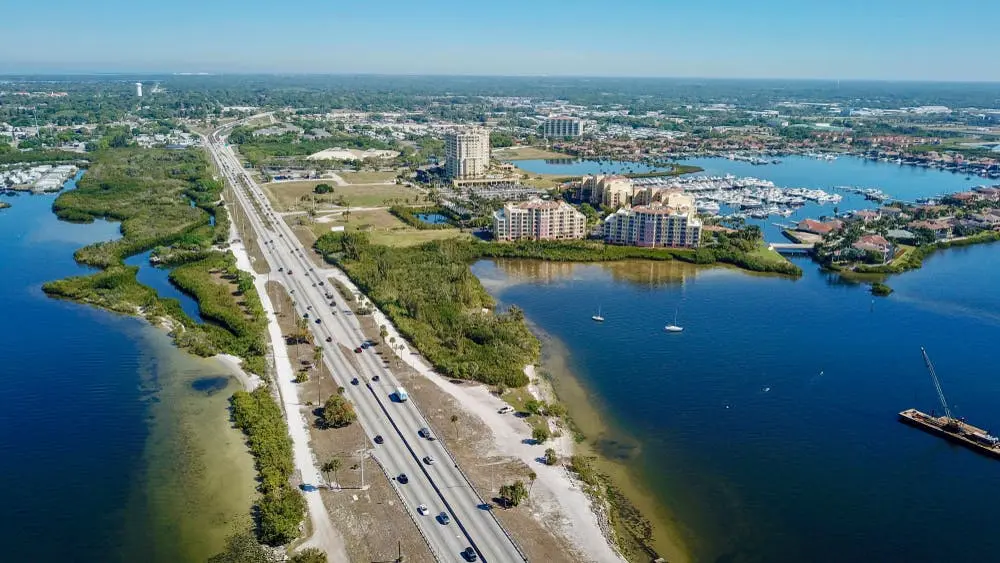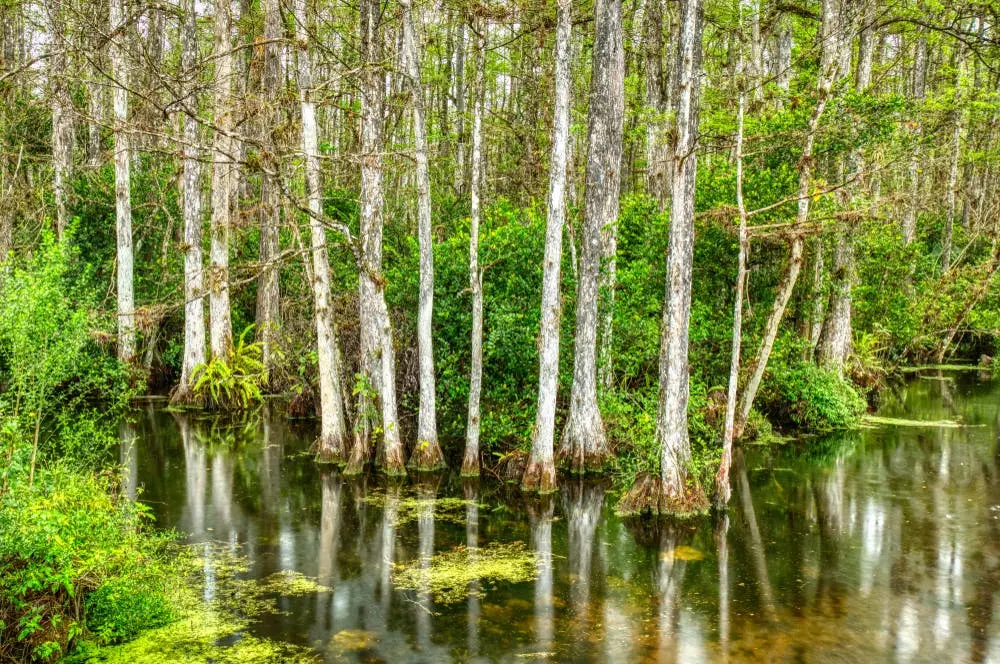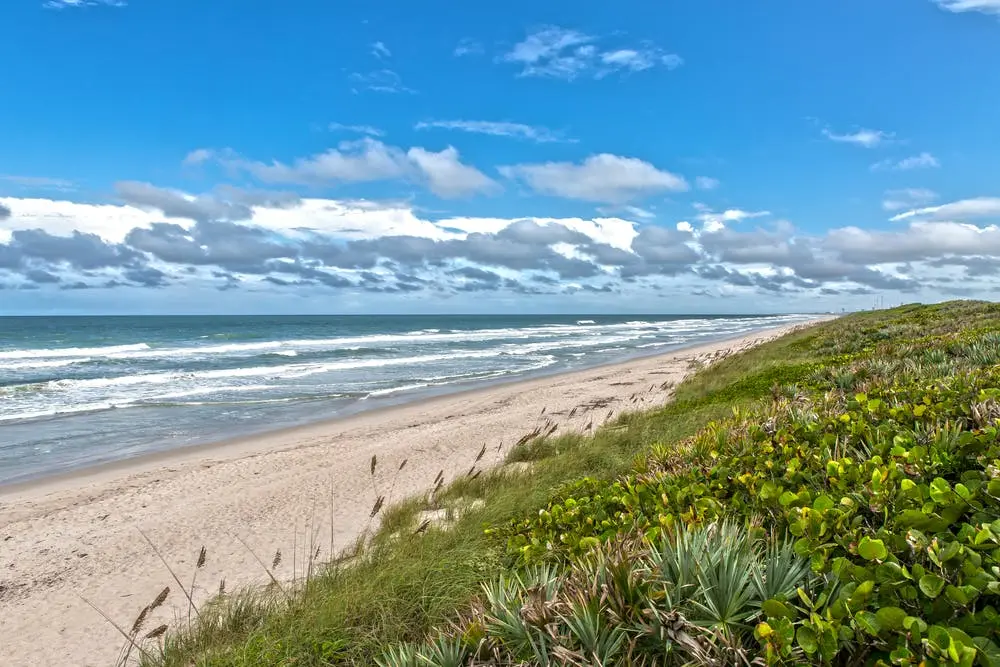Class A RV Rentals in Port Charlotte, FL



Browse motorhome by RV Class in Port Charlotte, FL
Browse towable by RV Class in Port Charlotte, FL
Fifth Wheel
Attaches to a tow vehicle via a gooseneck extension in the truck bedView all Fifth Wheel rentals in Port Charlotte
Travel Trailer
Trailer options exist for every kind of SUV or pickup tow vehicleView all Travel Trailer rentals in Port Charlotte
Popup
Can be towed by ordinary passenger vehiclesView all Popup rentals in Port Charlotte
Toy Hauler
Can be towed by many SUV or pickup tow vehiclesView all Toy Hauler rentals in Port Charlotte
Popular RV Searches in Port Charlotte, FL
Cheap
Under $100 per nightView all Cheap rentals in Port Charlotte
Affordable
$100 - $250 per nightView all Affordable rentals in Port Charlotte
Luxury
Above $250 per nightView all Luxury rentals in Port Charlotte
Delivery
Owners that deliverView all Delivery rentals in Port Charlotte
Pet Friendly
Bring your furry friendView all Pet Friendly rentals in Port Charlotte
Road Trips Starting from Port Charlotte, FL
Best National Parks Near Port Charlotte, FL
Everglades National Park hosts several endangered species, including the Florida panther, and spans 1.5 million acres across the southern part of the state. While preservation attempts were already underway at the turn of the 20th century, it wasn't until 1947 that the area officially became a national park. Currently the largest tropical wilderness in the United States, the Everglades is well-worth seeing for the unique flora and fauna it protects.
Ironically, Dry Tortugas National Park is mainly water, with seven small islands comprising the "dry" portion of the park. Military or architectural enthusiasts should explore Fort Jefferson, which is located on Garden Key. For those ready to dive in, visit the aquatic side of the park to take part in swimming and snorkeling. Boating and camping are also allowed, though since there is no overland road to the camping area, there is no way for an RV to make its way onto the island.
For RVers planning a trip to Miami, there's no better place to stop on the way than Biscayne National Park. This is another park where the aquatic area is more expansive than the dry land, and popular activities for visitors include swimming, diving, snorkeling, and boating. There are shipwrecks to explore, and guests can even go fishing at the park.
Myakka River State Park is one of Florida's oldest state parks, and it was the first state-designated wild and scenic river. The cost to camp with an RV is $26 per night, plus taxes and fees. Book a boat or tram tour for an up-close look at the park's wildlife. You can also rent bikes, boats, and kayaks to venture out on your own.
Oscar Scherer State Park is nestled within a bustling urban area and surrounded by highways and roads. It provides a welcome natural oasis in the middle of this sprawl. If you're lucky, you may even spot a bald eagle during your visit! Hikers will appreciate the 15 miles of trails, and while no camping is allowed, RVs can enter during the day for only $5.
Close to Tampa and all it has to offer, Lake Manatee State Park is built alongside a man-made lake and comprises 556 acres of forest, marshland, and scrub. Boating, canoeing, and swimming are popular activities at this park. Overnight camping is allowed for RVs up to 65 feet.
National Forests Near Port Charlotte, FL
The site of the former hotel Punta Gorda is a memorial to one of the region's first buildings. The hotel, which hosted presidents and railroad tycoons in its heyday, was eventually destroyed by a fire in 1959. Tourists can visit a marker that lives on the former site and read about the history of the famous building. They can also stroll around the neighborhood, which includes the Charlotte County Courthouse and Hector House Plaza.
Port Boca Grande Lighthouse and Museum, located on Gasparilla Island, is less than an hour away from Port Charlotte. It is the only lighthouse on Florida's west coast that remains open to the public. The museum is small but worth a visit. It focuses on the island's history, including the fossil record and information about the native Calusa tribe.
Civil War buffs will enjoy the Attack on Fort Myers memorial near Edison Bridge in Fort Myers. It commemorates the site of the southernmost battle of the Civil War. During this battle, a fort inhabited by the Union Army was attacked by the Confederates. The Confederate army ultimately withdrew, and only light casualties occurred on both sides.
Red Coconut RV Park lies directly on the beach. It boasts more than 215 sites, and nearly all of them have beach access. For your convenience, this RV park features back-in and pull-through sites, as well as full hookups.
Lakes Park RV is conveniently located off of the Tamiami Trail, approximately 15 minutes outside of Fort Myers. It offers lakefront sites, full hookups, and daily rates that begin at $50.
Ramblers Rest RV Resort is about 40 minutes outside of Port Charlotte. With 647 sites, there is room for everyone. This waterfront RV resort offers a boat ramp, a fishing area, a playground, plenty of games, a pool, and fitness facilities.
RV Rentals Near Port Charlotte, FL
Frequently Asked Questions About Renting a Class A RV Near Port Charlotte, FL
How do I properly navigate and park a Class A motorhome rental in urban areas or tight spaces in Port Charlotte, FL?
Class A motorhomes can be large and require a bit of practice and patience to navigate and park in tight spaces. When driving in urban areas, it's important to be aware of your surroundings and plan your route ahead of time to avoid narrow streets, low overpasses, or weight restrictions. When parking, look for spacious lots that allow for easy entry and exit. It may also be helpful to have a spotter help guide you into your parking spot.
Are there any special licensing requirements or restrictions for operating a Class A motorhome rental in Port Charlotte, FL?
In most cases, a standard driver's license is required to operate a Class A motorhome rental.
What kind of maintenance or upkeep do I need to perform on a Class A motorhome rental during my rental period?
As an RVshare customer, the only maintenance required is keeping the motorhome clean and returning it in the same condition it was received.
Do I need to know any weight restrictions or bridge height limitations when operating a Class A motorhome rental in Port Charlotte, FL?
Yes, it's important to be aware of weight restrictions and bridge height limitations when operating a Class A motorhome rental. It's important to check with your RV owner or local authorities for any specific restrictions in your area.
Can I bring my bicycles or other outdoor equipment to use with the Class A motorhome rental, and what storage options are available for these items?
Yes, you can bring your bicycles or other outdoor equipment to use with the Class A motorhome rental. Many motorhomes come equipped with exterior storage compartments or bike racks for convenient storage. Check with the RV owner to see what storage is available to you.
How do I properly level and stabilize a Class A motorhome rental at my campsite or RV park, and what equipment or tools do I need for this?
Sometimes stabilizing a Class A motorhome is needed to ensure a comfortable and safe stay at your campsite or RV park. Confirm the type of campsite you’ll stay at and any stabilizing actions or equipment necessary with the RV owner.
What fuel efficiency considerations do I need to consider when operating a Class A motorhome rental, and how can I minimize the impact on my fuel costs?
Class A motorhomes typically have lower fuel efficiency due to their size and weight. However, there are ways to minimize fuel costs such as driving at a steady speed and avoiding abrupt stops and starts.
Do I need to bring entertainment equipment or appliances for the Class A motorhome rental, such as a home theater system or outdoor grill?
Most Class A motorhomes come equipped with basic entertainment equipment and appliances such as a TV, DVD player, and refrigerator. However, if you have specific entertainment needs or preferences, it's best to check with your RV owner to ensure these items are provided or if you should bring your own.
Are any unique features or amenities available in Class A motorhome rentals that may not be found in other RVs in Port Charlotte, FL?
Class A motorhomes often feature high-end amenities such as leather seating, residential-sized kitchens, and luxurious bedding. Some may also feature high-tech entertainment systems or outdoor kitchens. It's best to check with your RV owner for any specific unique features or amenities that may be available in your rental.
